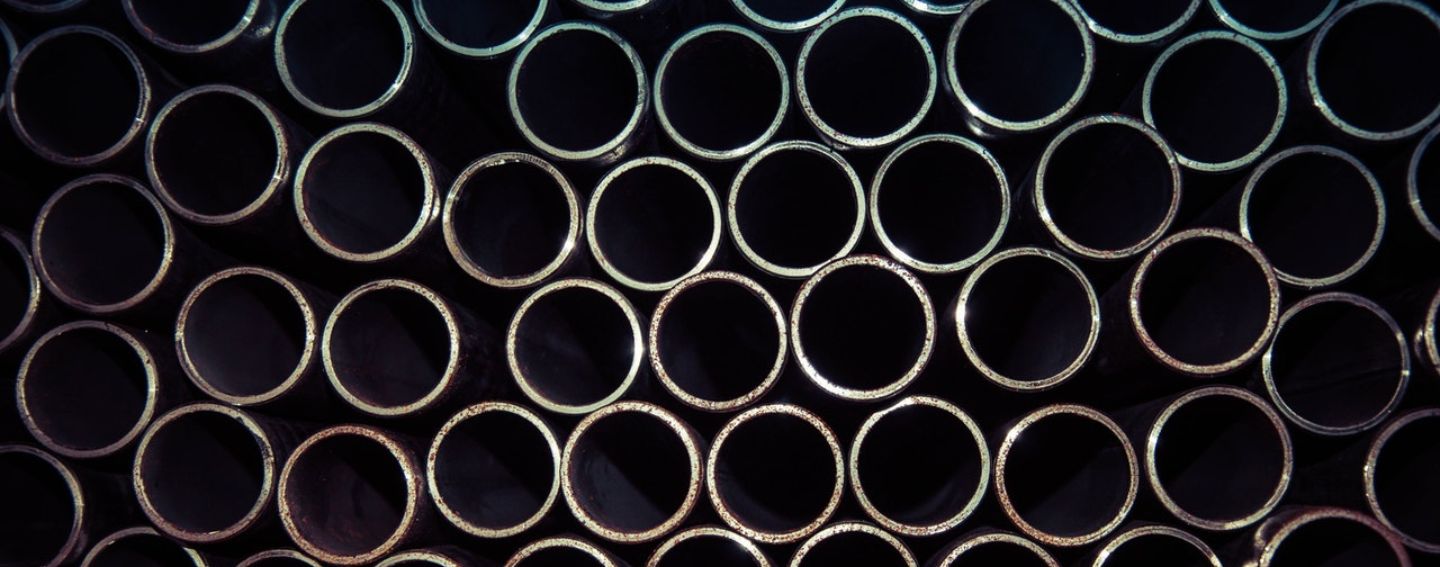If the global energy industry has an image problem, then metals producers increasingly find themselves in much the same boat. The need to turn grey metals green is rapidly moving up the agenda as the production of steel and aluminium in particular, comes into the spotlight as a result of its greenhouse gas emissions. If the industry is to continue to attract the brightest young talent among environmentally conscious millennials, there is a recognition that it needs to act fast to improve its credentials.
Globally, the production of steel is responsible for between 7 and 9 per cent of all direct emissions from fossil fuels, with each tonne produced resulting in an average 1.83 tonnes of CO2, according to the World Steel Association. Aluminium production accounts for about 0.8% of global greenhouse gas emissions, and demand is rising. The global average of CO2 emissions for both primary and secondary aluminium is 11.5 tonnes per tonne of aluminium, but efforts are now taking place globally to reduce that number.
The growing trend for metal producers to invest in lowering the carbon footprint of their manufacturing processes and transition away from the burning of fossil fuels is now rapidly gathering pace.
Producers across the world are seeking out greener alternatives; in aluminium, for example, the manufacturing process requires a great deal of power. Therefore, organisations with access to cheaper sources of electricity, such as Aluminium Bahrain, have historically benefited from a natural advantage with regards to pricing. As several producers have developed green aluminium brands that make use of hydroelectric power instead of fossil fuels, they have yet to receive a price premium for that investment.
One example of a low-carbon brand is ALLOW by Rusal, which is produced with a carbon footprint of four metric tonnes of CO2 or less thanks to the ample hydropower available in Siberia. Rusal is working hard to reduce its environmental footprint and last year announced a programme to plant more than a million trees in Russia, the country’s biggest reforestation programme in history.

